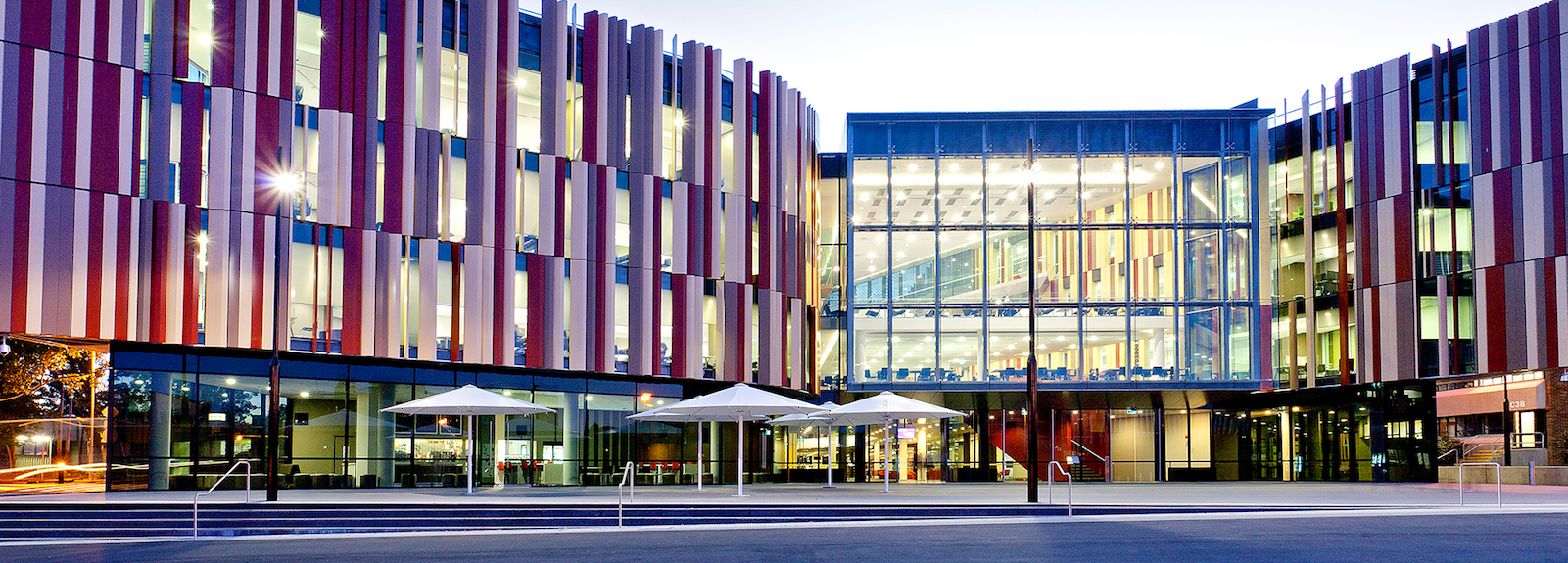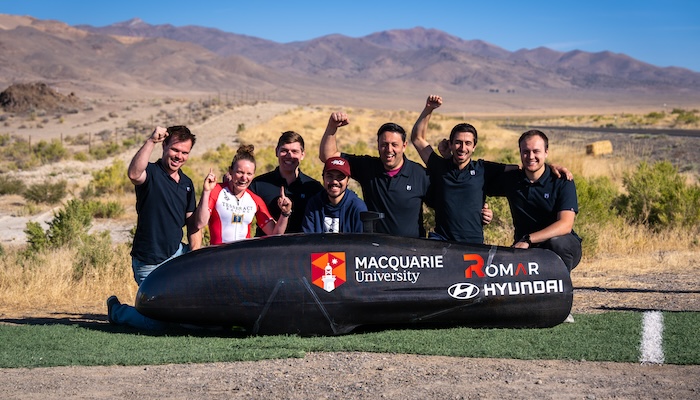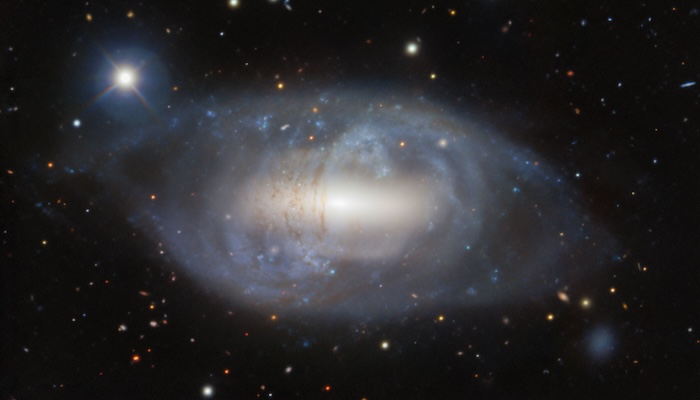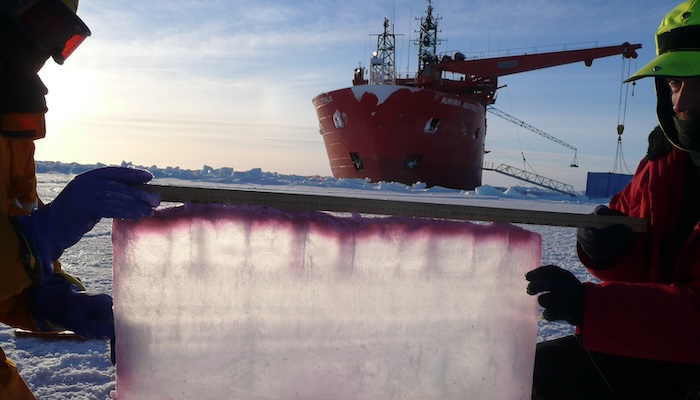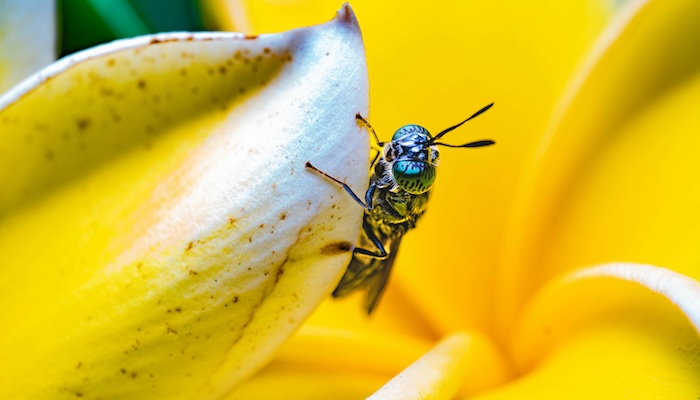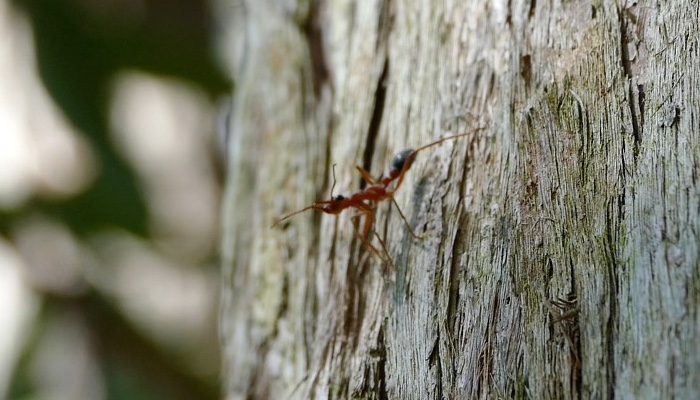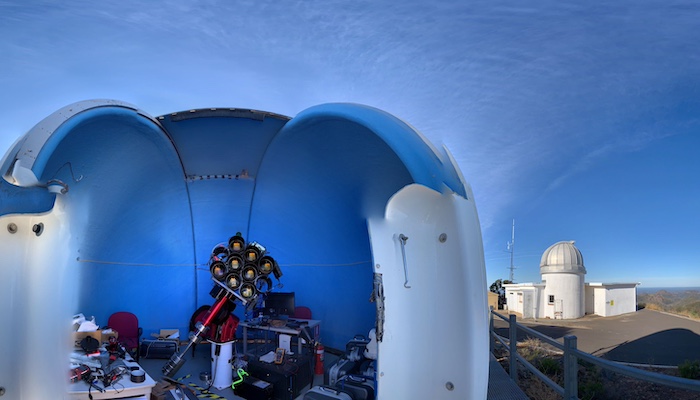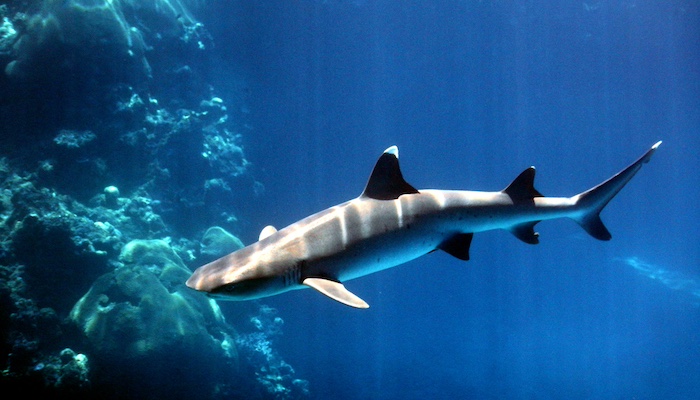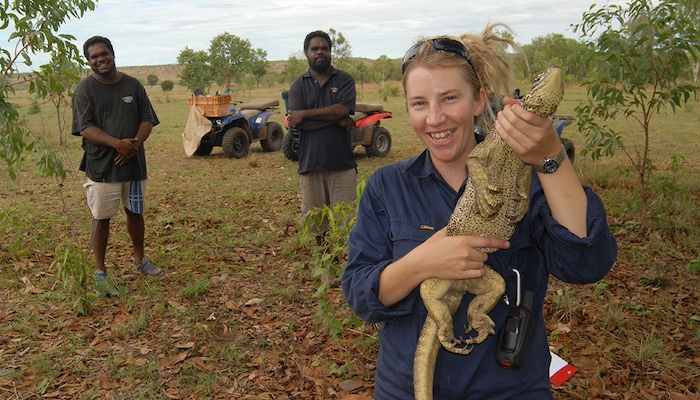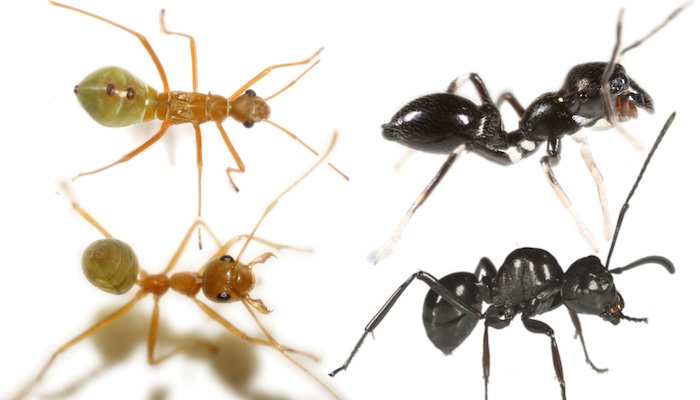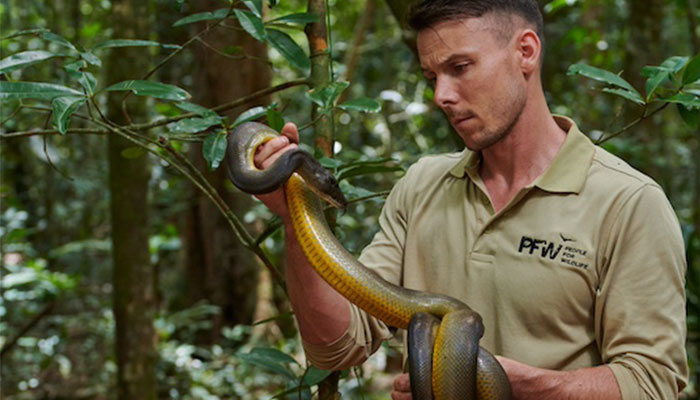Topics
Racing the wind: How engineering students broke two world records with MQ Speed
From classroom to desert raceway, Macquarie students are shattering world speed records, propelling careers and pushing the limits of human-powered vehicles.
Hot Jupiter’s eccentric triangle of attraction could be a live case of ‘3 Body Problem’
An international astronomy team has analysed data from a newly-discovered massive planet on an extreme orbit to understand how ‘hot Jupiter’ planets form.
Massive galaxies older than we thought: astronomy discovery
Thanks to an ongoing project known as MAGPI which measures four billion year-old starlight, astronomers have discovered that massive galaxies were formed far earlier than first thought.
Mathematicians crack a sea ice puzzle, advancing what we know about global warming
A new applied mathematical theory could enhance our ability to predict how sea ice affects polar climate changes.
How genetically modified flies can reduce waste and keep it out of landfills
Black soldier flies which are currently commercially used to consume organic waste will now be able to tackle a wider variety of refuse thanks to genetic modifications devised by Macquarie University bioscientists.
Ants navigate the night by moonlight: discovery
Macquarie University researchers have discovered Australian bull ants use the moon’s light to navigate at night, revealing new insights into nocturnal animal behaviour.
Stargazing in broad daylight: How a multi-lens telescope is changing astronomy
Macquarie University's Huntsman Telescope has successfully demonstrated daytime astronomy using an array of Canon camera lenses and offering the potential to continuously monitor celestial objects and satellites.
Mislabelled shark meat rampant in Australian markets, study finds
A new study by Macquarie University researchers has revealed widespread mislabelling of shark meat in Australian markets, including the sale of threatened species, highlighting the need for improved enforcement to protect consumers and shark populations.
Young 'teachers' help native wildlife avoid deadly cane toads
Scientists from Macquarie University have come up with an innovative way to stop cane toads killing native wildlife by training goannas to avoid eating the deadly amphibians.
Earth's first crust composition discovery rewrites geological timeline
Researchers have made a breakthrough discovery that changes our understanding of Earth’s early geological history, challenging beliefs about how our continents formed and when plate tectonics began.
Why near enough is good enough for ant-mimicking spiders
Many insects try to look like ants to avoid predators, as do some spiders. But new research has found that when ant-mimicking spiders do a bad job of hiding their spider qualities – potentially exposing themselves to predators - it might give them other advantages, such as finding mates and greater fertility.
Snakes: The new, high-protein superfood
Pythons are a low-emission, climate-resilient food source, converting feed to protein better than chickens or cattle, new research has found.

